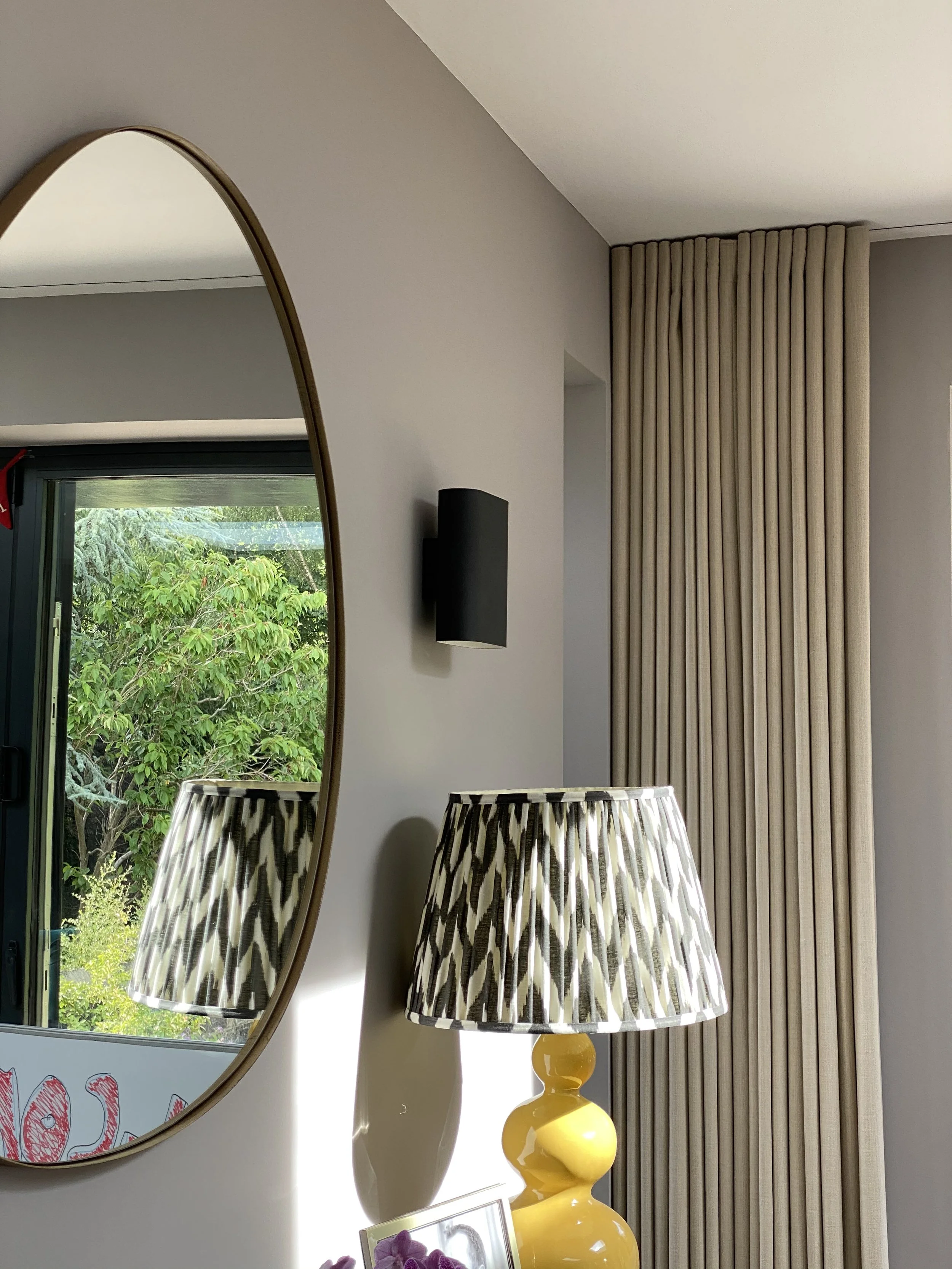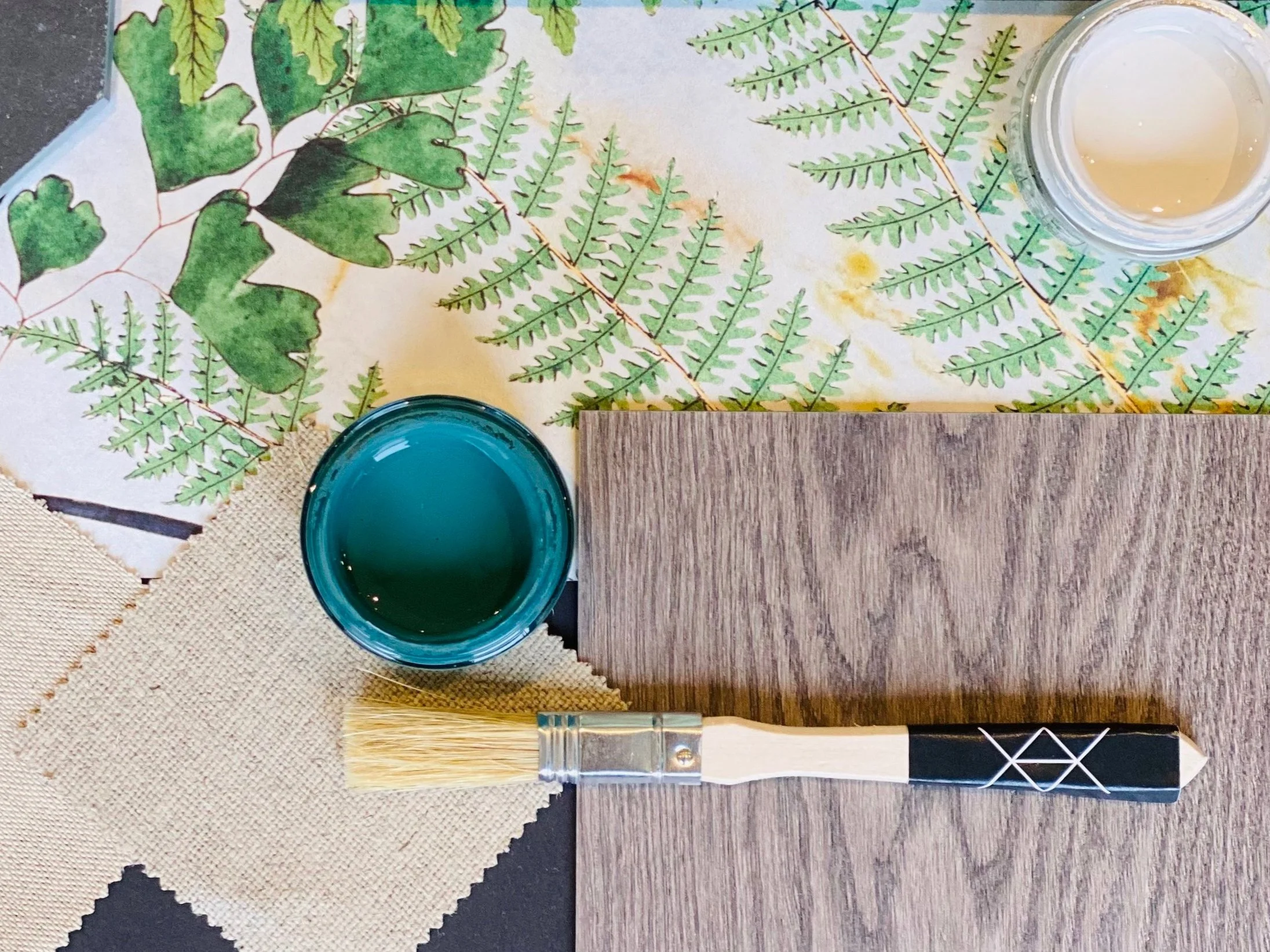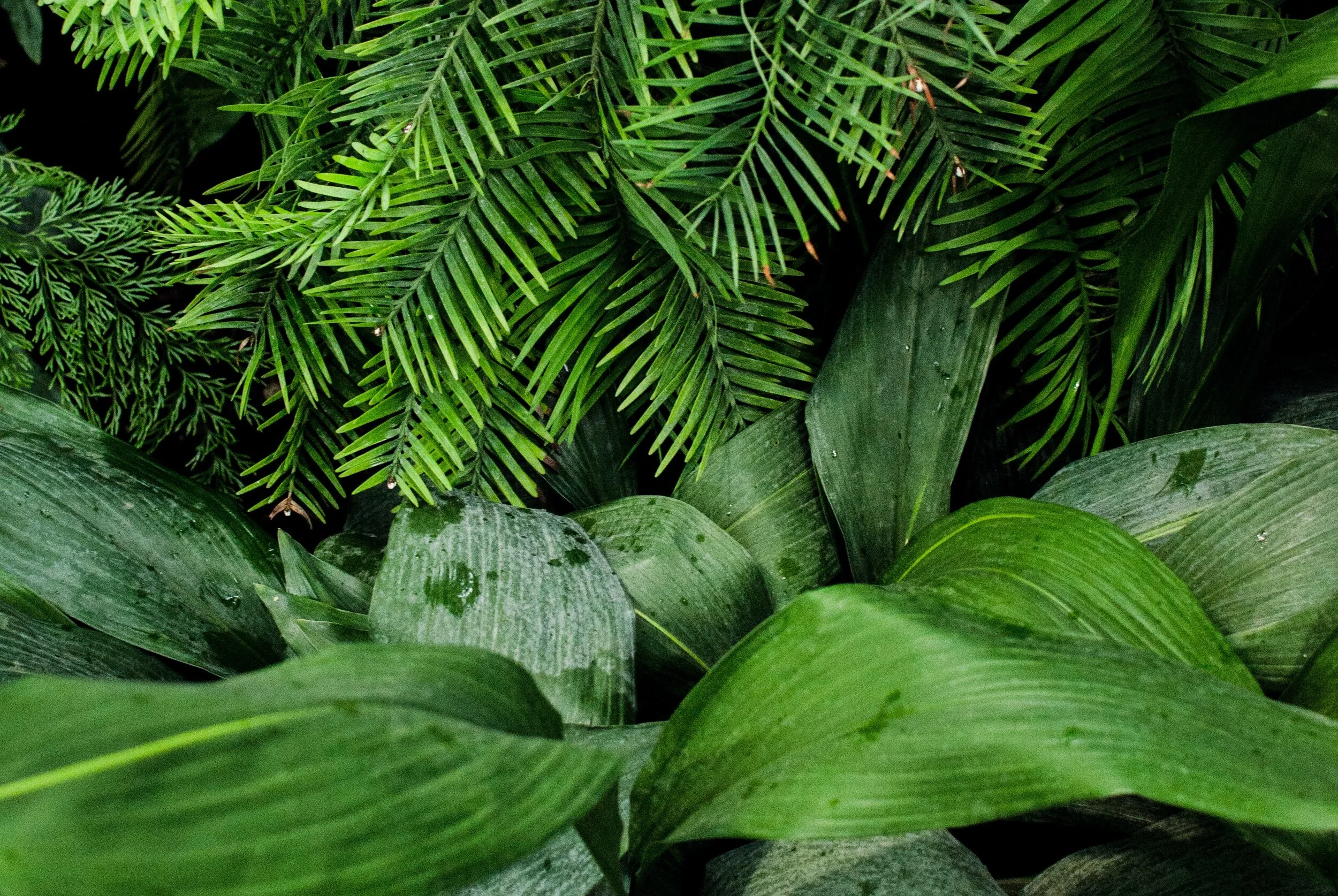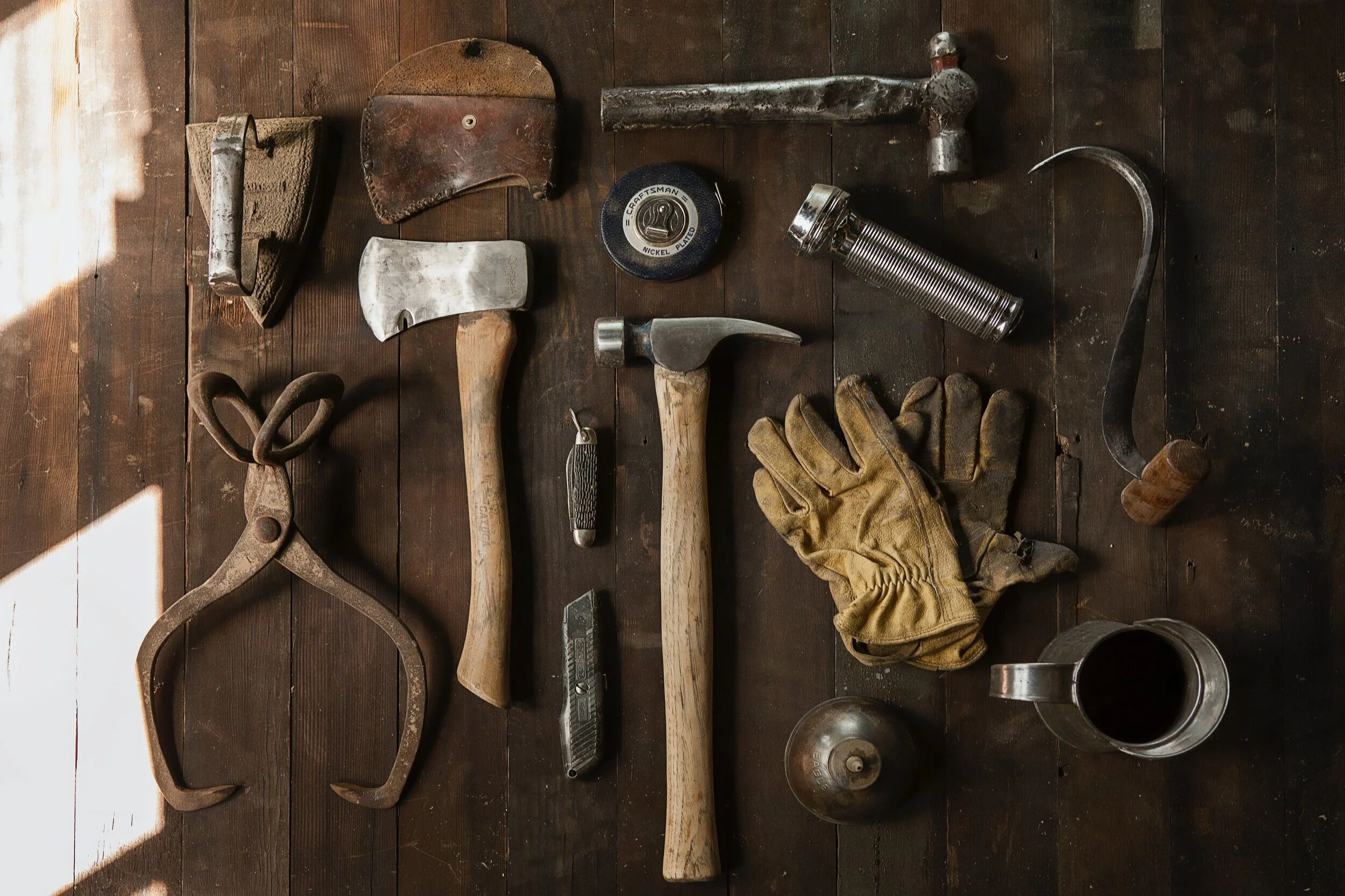Bring the outdoors in - Biophilic Design - A practice for wellbeing
Biophilic design, the practice of incorporating elements of nature into the built environment, has gained significant popularity in recent years. This innovative approach harmoniously blends the world of architecture and interior design with the power of nature, resulting in spaces that promote physical well-being, enhance productivity, and create a sense of tranquility.
Central to biophilic design is the understanding that humans have an innate connection to nature. As urbanization continues to rise and people spend more time indoors, this connection becomes increasingly crucial. By integrating elements like natural light, greenery, water features, and natural materials, designers can create spaces that not only look beautiful but also serve as sanctuaries for the human psyche.
One fundamental aspect of biophilic design is the utilization of natural light. Maximizing the use of daylight not only reduces energy consumption but also provides occupants with the ever-changing, dynamic qualities of natural lighting. Large, strategically placed windows, skylights, and lightwells allow for the penetration of sunlight deep into the interior, creating vibrant and uplifting spaces. This connection to the outdoors through light fosters a greater sense of connectedness to the surrounding environment.
Greenery plays a vital role in biophilic design, as it connects us with nature through the inclusion of plants, living walls, and even indoor gardens. Not only do plants purify the air, but they also provide visual stimulation and a calming effect. The presence of greenery has been proven to reduce stress levels, boost creativity, and enhance overall cognitive function. Incorporating plant life into interior spaces ensures a sense of freshness and vitality, bringing a touch of nature's serenity indoors.
Water features are another key element of biophilic design. The soothing sound and visual presence of water create a calming atmosphere that helps to reduce anxiety and promote relaxation. The incorporation of elements such as indoor waterfalls, fountains, or ponds can transform any space into a peaceful retreat. Water acts as a natural separator, providing privacy while simultaneously connecting different areas, enhancing the overall flow and harmony of the space.
Using natural materials is essential in biophilic design as they evoke a connection to the earth. Wood, stone, clay, and other organic materials bring a sense of warmth and authenticity to interior spaces. Not only are they aesthetically pleasing, but they also contribute to the overall well-being of occupants by improving indoor air quality, sense of self and calm that only nature can instil.
The Power of Plants
In an age of fast paced living it's never been more important to ground yourself. There is no simpiler way to do this than by bringing the outdoors in through careful section of house plants. Plants are definitely a 'thing' now when it comes to a trend, but at least they are a positive force. Yes, they aesthetically pleasing but they are also little superheros constantly working to purify the air.
The LitterArty house is FULL of plants, we love them.
In an age of fast paced living it's never been more important to ground yourself. There is no simpler way to do this than by bringing the outdoors in with a careful selection of house plants. Plants are definitely a 'thing' now when it comes to home trends, but at least they are a positive force. As we are not fans of trend driven design this is an exception we are very happy to make. Yes, they are aesthetically pleasing but they are also little superheroes constantly working to purify the air. True style and substance when it comes to plant power.
Now, one thing we are not going to do is advise you on plant care or what exact plants to choose, this is quite personal and green fingered plant whisperers we are not, but we can pass on a little bit of advise on how to approach selection and styling.
A few plant styling suggestions:
Use them in odd numbers (this applies to flowers and many styling objects too), so go for one large plant or group some smaller varieties in 3’s
Alternate the height and variety, pair a tall palm with a larger detailed leaf varies such as a Calathea.
Hanging plants aren’t just for baskets they look amazing on shelving with the leaf draping working as decorative detail just like any interior accessory does, providing those finishing touches.
Plant safety: Do make sure you research plants slightly, some varieties such as snake plants are very robust and easy to care for. However they are very poisonous to animals, many house plants are. So, if your precious pooch is likely to be mooching about your home, be careful to select the right plants or keep dangerous ones at a safe height.
With plants being so pivotal in bringing a sense of nature and wellness to an indoor environment, it is no surprise they are also fast becoming a key aspect of commercial design, particularly in offices. We have incorporated everything from simple potted to plants, to planted trough lined walls, living wall panels and plant topped filing/storage solutions, in several past projects.
Want something easier?…
To get the psychological sense of grounding, calmness and bringing the outdoors in the plants don’t even have to be real. Go faux, since it is indeed the colour and appearance that triggers this response in our minds. There are some amazing options out there now for even the most plant adverse. They also work great in office settings where the care and attention living plants need can be hard to maintain.
That said, we’d always advise a combination, include some individual living plants in to your space where possible, after all, the artificial ones can’t purify the air and are not quite as good for the planet when it comes to sustainability credentials, they are made to last though.
Some of our favourite suppliers:
Beards & Dasies - a great selection of houseplants and pots. They even have options to help select the right ones for you, i.e. Pet Friendly. www.beardsanddaisies.co.uk
Patch Plants - one of the original mail order house plant supplier, with a great selection of plants, pots and advice on plant care. They do an office plant supply service too, to help with workplace wellness. www.patchplants.com
PLNTS - for an alternate option, why not try grow your own. www.plnts.com
Evergreen Direct - for all things artificial when it comes to plants, this supplier has so many options. www.evergreendirect.co.uk
HowTo - Pick Good Tradespeople
There are a few golden rules when picking your trades, although it’s worth remembering that no amount of playing by the rules guarantees anything. These are just a few top tips to help guide you on your way and give you some confidence in picking the right professionals to get your project completed with as much ease as possible.
Top Tips:
1. Always get 2-3 comparable quotes, and remember to include the VAT.
2. Ask about; personal recommendations and great reviews and provide a solid ground for finding the right professional.
3. Platforms such as checkatrade.com and ratedpeople.com are all good reference points. Check reviews carefully,
4. Make sure you sign a written contract or agreement in order to get the job completed on cost.
5. Make sure the company/individual you employ has adequate insurance and always ask to see their policies/qualification when relevant (i.e. working with gas etc.)
6. Finally, NEVER pay fully up front! Agree a schedule of payments and project targets from the outset.
Big Don’ts
1. Don’t pay up front!
2. Don’t accept the first person through the door.
3. Don’t employ trades that come knocking on your door and push their services. Reputable tradesmen will not cold call.
4. Don’t sign contracts or pay anything without seeing their insurance/accredited documents.
5. Don’t trust a tradesman that won’t provide references when asked, or proof of accreditation if required.






